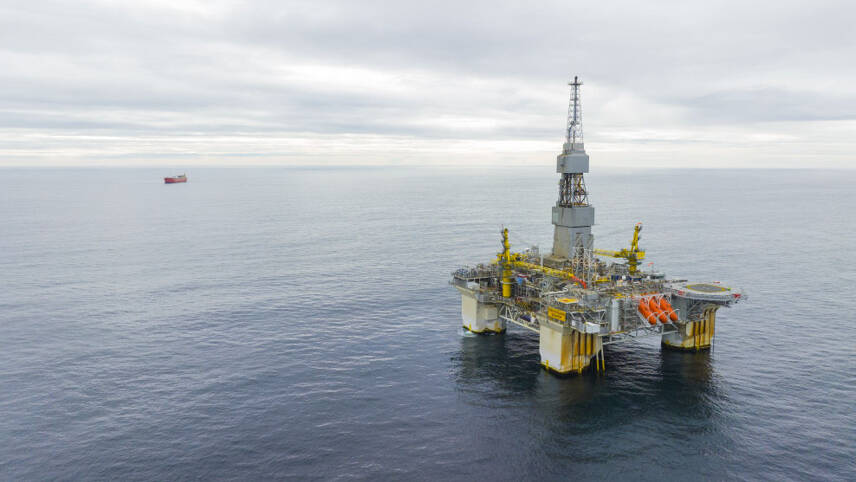Register for free and continue reading
Join our growing army of changemakers and get unlimited access to our premium content

Pictured: Equinor's Njord field. Image copyright: Equinor
City AM has reported today (11 June) that a decision on whether to permit the development of the field, which is the biggest undeveloped field in British waters in the North Sea, will not be made until later this year. Ministers had been pushing for a decision before Parliamentary recess begins later this month.
The Equinor-led project to develop the field will need to be approved by the Offshore Petroleum Regulator for Environment and Decomissioning (OPRED), the North Sea Transition Authority and the Energy Minister. Grant Shapps holds this post at present and has stated that he is minded to approve the Rosebank.
City AM has been told that approval from these three sources is now set to come in August at the earliest.
OPRED has already delayed its decision on Rosebank once. In December 2022, it wrote to Equinor requesting a more detailed analysis of the field’s environmental impact, with a focus on both operational processes and emissions from burning the extracted oil and gas.
Some environmental groups believe the further delay presents a fresh opportunity to challenge the project.
Uplift’s executive director Tessa Khan said: “The government is finally grasping what we and others have been saying for months: that it is impossible to reconcile approving a huge new oilfield like Rosebank with the UK meeting its climate obligations.
“The greenhouse gas emissions from the Rosebank field would push the UK past its North Sea emissions targets.
“Just a fortnight ago, its own independent advisors on climate warned that new fossil fuel infrastructure is not compatible with net-zero.”
Khan is referring, here, to the most recent Climate Change Committee progress report on the UK’s net-zero transition. The report concluded that Britain has veered further off track to meeting its legally binding climate targets since last year.
Following its publication, Committee chairman Lord Deben told MPs that the Government should cease issuing all North Sea oil and gas licences for new and expanded fields.
A hotly-contested business case
One of the Government’s key cases for backing Rosebank is an argument for energy security. Ministers are keen to reduce the UK’s reliance on oil and gas exports, given the ongoing price crisis and the Russia-Ukraine war.
Both Shapps and Equinor are arguing that Rosebank could reduce energy bills for customers while also avoiding the emissions related with transporting fossil fuel imports.
Lord Deben has called this former argument “a nonsense”, as it takes several years for new fields to begin production. Moreover, oil and gas is sold to the highest bidder internationally. The UK will not be able to stake a claim on fuel from Rosebank unless international rules change and, as such, most of the fuel is likely to be exported. Deben’s Committee has highlighted how improving energy efficiency would be a far more rapid and affordable means of cutting bills for homes and businesses.
On the emissions piece, some analysts have stated that it could be slightly lower-emission for the UK to use Rosebank than to import. But, again, there is the challenge arising from the fact that oil and gas are global markets. One recent analysis concluded that the level of oil and gas which the UK could keep from its own North Sea fields could only power the nation for three weeks a year.
If developed, the lifetime emissions from Rosebank would surpass the combined annual emissions of all low-income countries worldwide. Rosebank is more than twice the size of the controversial Cambo oil field. Equinor’s proposals to drill the field would result in the extraction of more than 300 million barrels of oil, beginning in 2026 and likely continuing into the late 2040s.
Related news: Dozens of banks urged not to finance Rosebank


The energy which Rosebank may potentially provide, will have to come from somewhere.
It should be remembered that oil does not only provide fuel for transport, but the chemicals for a plethora of materials in all walks of life.
Energy will eventually be derived, I am sure from nuclear fusion, but that is well into the future, and has been for over sixty years.
Burning oil and gas is, really, a wasting a resource, developing other non carbon sources of energy is easy on the tongue, but difficult in practice.
I was a scientist in this area!